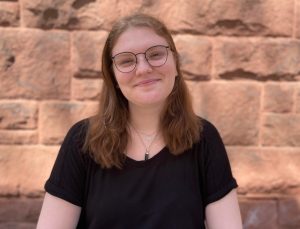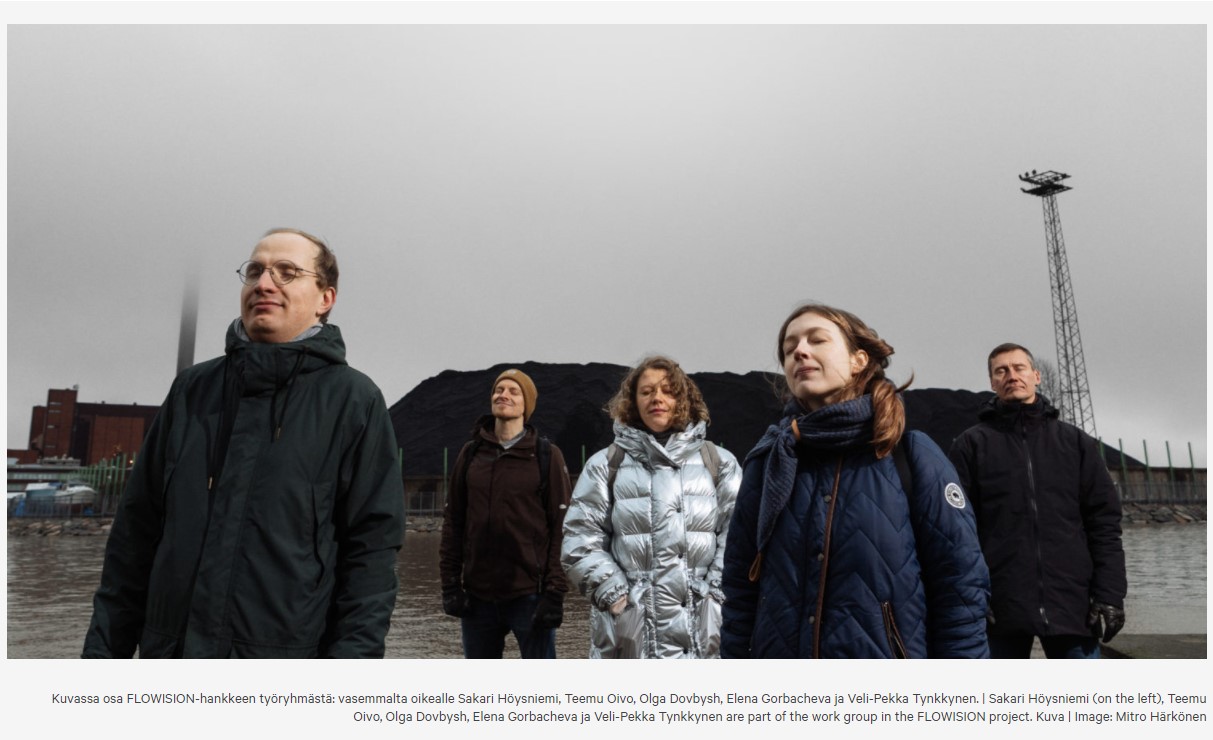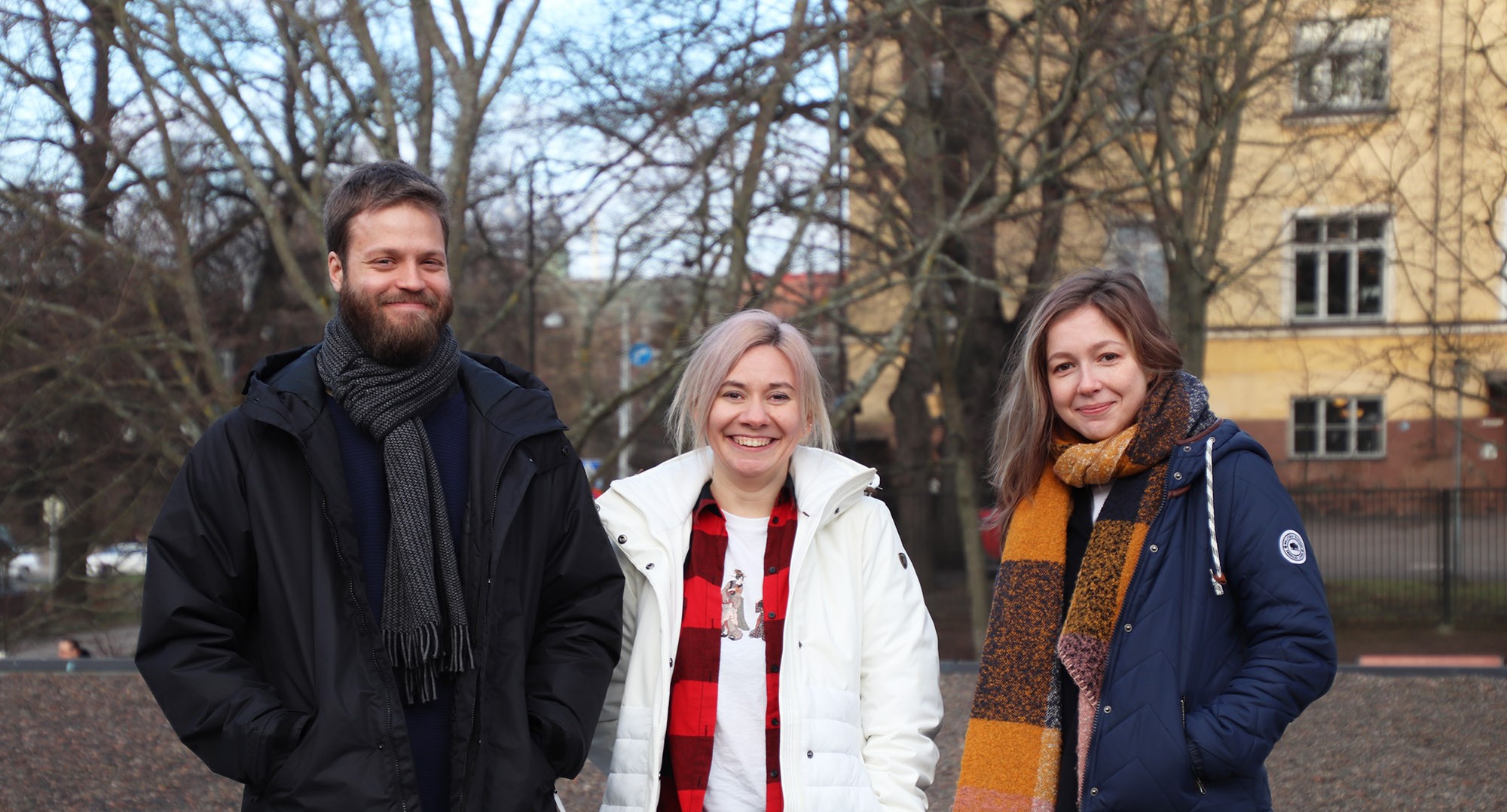We have not written anything in this blog since the 23rd of February 2022. That day we had a seminar by Elena Gorbacheva, made some plans for further research, and agreed to return to it in a few days. The next day Russia attacked Ukraine and the war started. We like millions of others across the world were shocked and terrified when the war started. We strongly condemn Russia’s invasion and our thoughts and sympathy go to all Ukrainians. We express our solidarity to all who oppose the war, in Russia and elsewhere.
For the past 50 days, most of our thoughts were directed toward the war and its victims. Yet, we tried to continue working and fulfill our project obligations. Apart from organising and taking part in various events like the forthcoming panel discussion on how to deal with surveys from Russia, we managed to hold a seminar ‘Unintended consequences of corruption indices: an experimental approach’ by Philipp Chapkovski, which was postponed from the original date because Philipp fled to Armenia, like many other people from Russia who want to do nothing with the regime that attacks a sovereign state. The recording of the talk will be made available in the upcoming weeks.
Another news we have – we are very glad to welcome Amelie Tolvin, a Master student at the University of Toronto’s Centre for European, Russian and Eurasian Studies at the Munk School of Global Affairs & Public Policy, as a new trainee in our project. Amelie’s focus and interests lie in authoritarianism and protests in Belarus, Ukraine, and Russia. She is currently working on her graduate major research project, which examines the development of the 2020 protest movement in Belarus. Amelie started her traineeship on the 1st of April online and in May-June she will come to Helsinki to work with us. Soon you will hear and see more from her.
focus and interests lie in authoritarianism and protests in Belarus, Ukraine, and Russia. She is currently working on her graduate major research project, which examines the development of the 2020 protest movement in Belarus. Amelie started her traineeship on the 1st of April online and in May-June she will come to Helsinki to work with us. Soon you will hear and see more from her.
In the meantime, we are working on new articles and posts, events and papers. The next seminar we have planned will be held on the 11th of May. Iuliia Krivonosova, Doctoral researcher at Ragnar Nurkse Department of Innovation and Governance, Tallinn University of Technology, Estonia, and at the Kompetenzzentrum für Public Management, University of Bern, Switzerland will give a talk ‘Internet voting in Russia: Democratizing Power of Internet Voting Revised?’. We hope to see you there.
We wish everyone stays safe these days. Peace to Ukraine!


